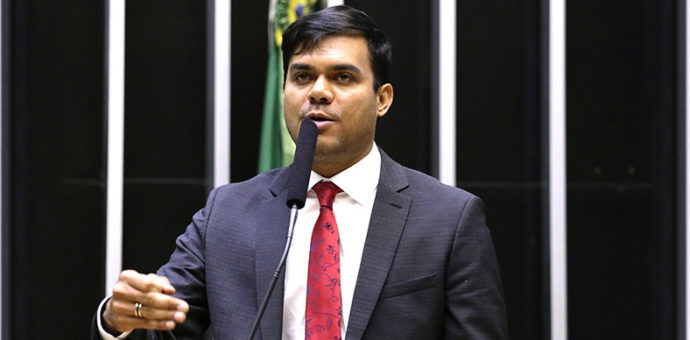Draft Bill 2303/2015, authored by Federal Deputy Aureo Ribeiro (Solidariedade party/RJ), which proposes the regulation of cryptocurrencies in Brazil, received on September 13 a new clean bill from its rapporteur, Federal Deputy Expedito Ferreira Netto (PSD-RO).
With this, the project moved to a new phase and should be voted on by the members of the Special Commission that analyzes the subject. In the new version, an unusual naming been proposed for cryptoassets, dividing them into Cryptoasset, Asset-Related Cryptochip,Cryptocurrency cryptochip, and Consumer Cryptochip.
In the view of Julian Lanzadera of Transfero, the bill’s wording proposed can lead to a conflict of competencies between the Central Bank and CVM ( Brazilian Securities and Exchange Commission), since certain cryptoassets fit more than one definition in the text. “If the Bill is approved and converted into law with this wording, we will have a framework of legal uncertainty, because a certain type of cryptoasset can be in the limbo between two government agencies”, analyzed. In his assessment, the consequences would be detrimental to new business development in the country, harming investments in the industry.
“The bill’s opinion was not well received, especially considering that there is another bill on the matter being processed in the Senate, widely debated with the market and the regulators involved”, Lanzadera said.
Term “cryptochips” can cause conflicts
Instead of tokens, stablecoins, and other terms already consolidated, the author of the clean bill proposes that Brazil use the term cryptochip. The text presents three new nomenclatures:
- Asset-backed cryptochip (security tokens).
- Cryptocurrency cryptochip.
- Consumer cryptochip (which would be used only for transactions on the platforms that issued them).
The rapporteur argues that the “cryptochips backed in assets” are considered securities and must comply with the Brazilian Securities and Exchange Commission (CVM) rules. Its text proposes that it will be up to the National Monetary Council to define whether or not a cryptochip is subject to the municipality’s regulation.
“The clean bill draft creates different taxonomies for the CVM and the Central Bank, causing misleading”, said Lanzadera. According to him, there was no alignment with the market. For this reason, two days after the presentation of the clean bill, several proposals for amendments to the text had already been forwarded, aiming at a better adaptation to the sector.
The clean bill presented does not address non-fungible tokens (NFTs) or decentralized finance tokens (DeFi).
Now, the text must be debated among the congressmen and voted on in a deliberative meeting of the Special Commission. If approved, the text will be forwarded to the Senate for evaluation. If the Senate committee makes changes that disfigure the approved text, the bill goes back to the House of Representatives. Once approved in both legislative houses, the text will be sent to the President of the Republic for sanction.







